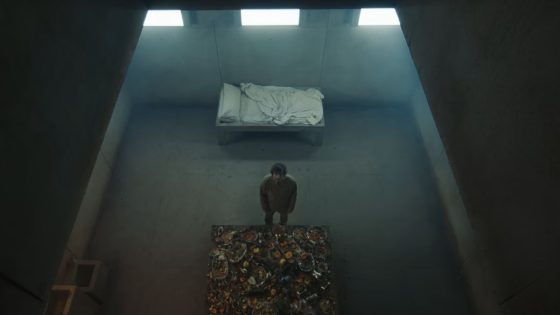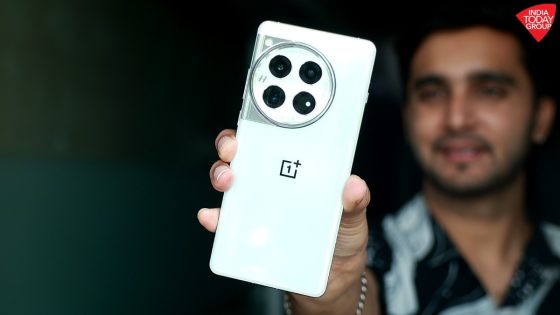Donald Trump has been convicted of 34 felony counts in the New York hush money case—but there’s a lengthy appeals process ahead. And what ever happened to the other three cases against him—Jack Smith’s federal election-interference and classified documents cases, and Fani Willis’ Georgia election-interference case? All three have hit various roadblocks. To make it easier to follow all of Trump’s ongoing legal entanglements, each week, we’ll keep you updated on the latest developments in Keeping Up With the Trump Trials.
Trump has been doing everything he can to avoid his upcoming sentencing in New York, with his attorneys filing a last-ditch motion last week to get the hush money case transferred to federal court. Meanwhile, special counsel Jack Smith filed a new superseding indictment that adjusts for the Supreme Court’s landmark presidential-immunity decision. A few days later, Trump’s attorneys responded by proposing a timeline for resolving the Jan. 6 federal case that extends well beyond the November election.
Last week, the former president’s attorneys filed a removal notice that requested that his hush money case be transferred to federal court and out of New York Supreme Court Justice Juan Merchan’s hands, about two weeks before his scheduled sentencing on Sept. 18.
This is the second time Trump’s defense team has asked to transfer this case; a district-court judge denied its first attempt earlier this year. However, this time around, Trump’s team has the Supreme Court’s presidential-immunity decision to point to. In a 65-page notice, the lawyers argue that Manhattan District Attorney Alvin Bragg’s case was “flawed” and that he used evidence that should not have been admissible because it’s related to “official acts” covered by presumptive immunity.
“Post-trial removal is necessary under these circumstances to afford President Trump an unbiased forum, free from local hostilities, where he can seek redress for these Constitutional violations,” write Trump’s attorneys.
Just three weeks ago, his attorneys also requested that Merchan delay Trump’s Sept. 18 sentencing. Trump has repeatedly tried and failed to get the judge to recuse himself from the hush money trial as well. On Tuesday, Bragg’s office responded to Trump’s removal request, noting that proceedings in state court can continue even as the federal courts consider the request.
The Supreme Court’s presidential-immunity decision was considered a big win for Trump, but Jack Smith isn’t giving up yet. Last week, the special counsel filed a new superseding indictment in his federal election-interference case against the former president.
The indictment raises the same four counts against Trump as the original did, including for obstruction of an official proceeding, a charge that could be affected by the Supreme Court’s recent ruling in Fischer v. United States. That decision narrowed the scope of the Sarbanes-Oxley Act—it included a section that seemed to broadly outlaw any obstruction of an official proceeding, and the justices ruled that it should apply only to interference with official documents. Smith’s determination to keep the obstruction charges indicates he’s willing to risk litigating the issue further in court.
The superseding indictment also eliminated any mention of former Trump Department of Justice official Jeffrey Clark and cut back significantly on how much it discusses former Vice President Mike Pence’s role. (Trump’s conversations with former DOJ officials and advisers are now considered “official” acts that are covered by absolute immunity and thus cannot be used as evidence, while his conversations with Pence appear to be covered by presumptive immunity.)
Over the weekend, Trump ranted about the Justice Department supposedly targeting him and mused that it had only helped his political campaign. “Whoever heard you get indicted for interfering with a presidential election where you have every right to do it, you get indicted, and your poll numbers go up?” said the former president.
Judge Tanya Chutkan has scheduled a hearing Thursday to determine the next steps in this case. Her biggest priority will be to conclude what portions of Smith’s indictment fall under core official presidential acts and what do not. In order to make those decisions, she could find that evidentiary hearings are necessary and require that witnesses testify, though Smith has reportedly been hoping to avoid this kind of minitrial.
The special counsel and Trump’s attorneys filed a joint proposal late last week that laid out two very different timelines for Smith’s federal election-interference case. The former president also indicated that he plans to file a series of motions challenging Smith’s superseding indictment and his appointment to special counsel.
Trump’s attorneys suggested a timeline in which Chutkan considers a series of motions through the end of this year—stretching well past November’s presidential election. Their timeline would have Chutkan considering a motion to dismiss based on presidential immunity in mid-December and pretrial litigation continuing through spring and fall 2025. The defense also acknowledges Smith’s new superseding indictment, arguing that it “correspondingly requires time to review the new charging instrument as [Trump] determines what steps and procedures to undertake regarding, among other motions, his Presidential immunity defense.”
And in light of Jack Smith’s classified documents case being dismissed, Trump’s attorneys say they intend to request a similar dismissal of the election-interference case based on “the Special Counsel’s improper appointment and use of non-appropriated funds.” They also suggest that they may file another motion to dismiss based on the Fischer decision, since that narrowed the scope of the obstruction law that Smith is still using to charge Trump.
Meanwhile, Smith makes few demands, reiterating that he first and foremost wants the question of Trump’s immunity answered and would like Chutkan to deny Trump’s motion(s) to dismiss his election-interference case. Smith also makes no specific demands about when he would like this case to resume. “The government is prepared to file its open immunity brief at any time the Court deems appropriate,” he writes.
Source Agencies


